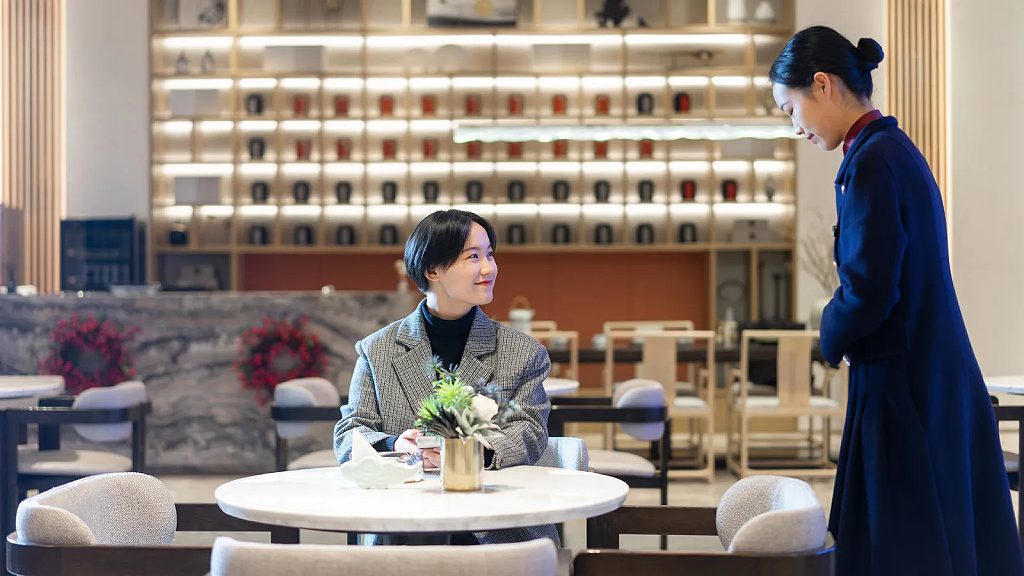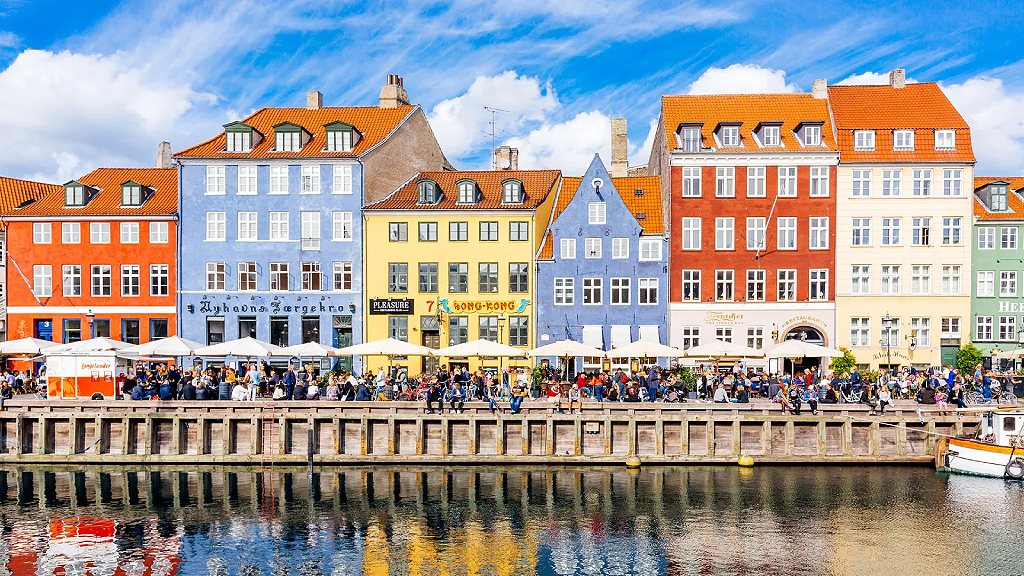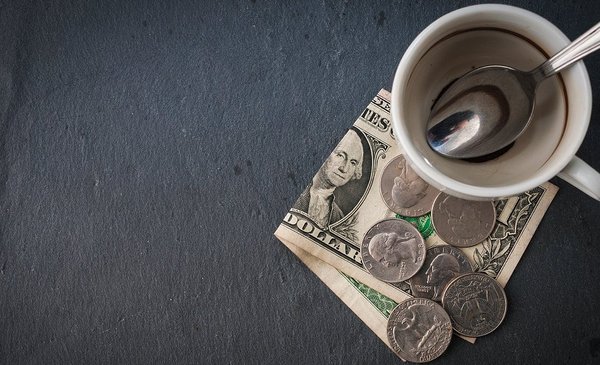The perennial debate over the culture of tipping in the United States recently reignited when employees of the first unionized Apple Store in the country proposed asking for tips.
This case sparked an intense debate about the culture of tips because there are people who believe that it is getting out of control.
This divisive practice has spread around the world and recently caused controversy in Spain, with reports that restaurants in Barcelona and Madrid were asking their customers for an extra 5-10% of the cost of what they consumed as a tip.
And it is that not everywhere this custom is practiced with as much vigor as in the United States.
In France, “service compris” means that the tip is already included in the bill. In other places, particularly in East Asia, the lack of a tipping tradition is a source of pride.
To highlight the age-old tipping dilemma, here are examples of places with their own tipping culture.
Each was chosen for what their customs say about the culture of appreciation and how their attitudes toward tipping reflect broader aspects of society.
Japan
Popular belief has it that Japan is the kind of ascetic paradise where trash is unheard of, imperfection (or wabi-sabi) is honored, and social consciousness is elevated to an art form (don’t walk while eating; keep quiet in the public transport; don’t point with your hands or chopsticks, don’t blow your nose in public… the list goes on).
It’s also a place where tipping isn’t just uncommon; they are considered embarrassing and uncomfortable.
So foreign visitors have to be aware: tips offend.
“Even if travelers are told that Japan doesn’t tip, some people are still willing to show their appreciation with money, but it doesn’t work that way,” says James Mundy of UK-based tour operator InsideJapan Tours.
“It’s common that when customers leave money for servers in restaurants, they then go after them to return their money.
‘Many cannot understand that people do their job with pride and a’oishikatta‘ (it was delicious) or a ‘gochiso sama‘ (thank you for preparing the food) is enough.
“Money doesn’t always talk.”
The Japanese revulsion towards tipping is palpable.
‘shokunin kishitsu‘which roughly translates to “the skill,” flows through many aspects of Japanese life and is a philosophy honed by many in the tourism-oriented industries, from hotel bellboys to food cart vendors to sushi chefs.
He job it does with pride and appreciation is most commonly shown through compliments (preferably in Japanese) or bowing.
There is only one exception: the ryokans, the traditional guesthouses of Japan. There travelers can leave money for the nakai-san (the server who wears the kimono and prepares the food and the futon), but only when done correctly.
A tip is not given in person, but pristine bills are sealed in a specially decorated envelope.
China

Even in China’s most modern megacities like Beijing and Shanghai, there is a sense of superstition and tradition.
Tips are not expected. It’s more, were ever banned.
In fact, one of the principles of China is that all people are equal and no one is the servant of another; and the hint of superiority over another person has long been taboo.
And while China is increasingly a land of grand hotels and circus-style restaurants, tipping, particularly in less-visited cities and towns, is still considered somewhere between rude and a bribe.
But the growth of Chinese tourism, as well as the assimilation of many Western customs, is leading to gradual change, according to Maggie Tian, China general manager for Australia-based tour operator Intrepid Travel.
“Although historically tipping in China was considered impolite, the times they Are a changing“, he explained.
“The Chinese are not yet in the habit of tipping, but tipping is now acceptable, especially in larger cities where there are many foreign residents and visitors.
“If you’re visiting, tip doormen, tour guides and bartenders small for special service or support. Despite the history, the locals will be grateful.”
Denmark

Commonly rated as one of the happiest countries in the world for its egalitarian society, communal generosity and benevolence towards others, it might come as a surprise to learn that Denmark is, by and large, a non-tipping nation.
Mainly, the reasons are two:
- Its citizens benefit from a higher GDP per capita and a better welfare system than in most countries in the world, which means that service personnel does not depend on tips.
- The service usually is included in the bill in restaurants and hotels.
But although tipping is not a tradition, it is a norm in Denmark, and throughout Scandinavia, to round up the bill in a restaurant as a symbolic gesture.
More importantly, as almost everywhere in Europe today, outstanding quality service is commonly rewarded with a monetary tip or the loyalty of repeat visits, which are worth their weight in gold.
* If you want to read the artoriginal article on BBC Travel, click here.
Remember that you can receive notifications from BBC Mundo. Download the new version of our app and activate them so you don’t miss out on our best content.
















